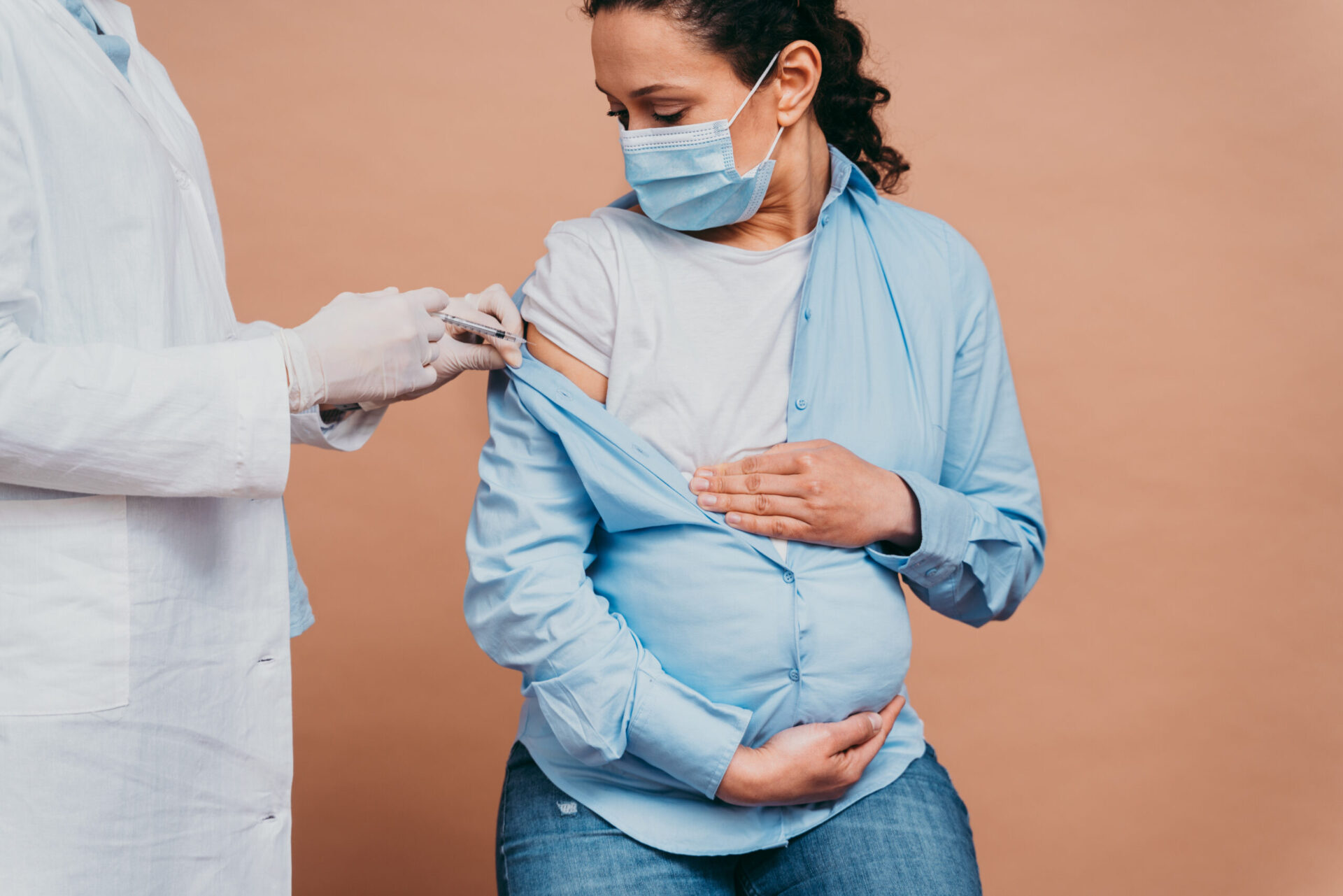As new coronavirus variants like the Delta variant continue to spread, individuals should continue to be cautious in public spaces, especially pregnant women. During pregnancy, women experience many biological changes, including weakening of the immune system and physiological changes to the lungs that place them at a greater risk of severe illness if they contract COVID-19.
In a 2020 study conducted by the University of Washington School of Medicine, researchers found that pregnant women with COVID-19 experienced a risk of death 22 times higher than pregnant women without COVID-19. The study included 2,130 pregnant women, with 706 women who contracted COVID-19 and 1424 women who did not. Pregnant women with COVID-19 also had a greater likelihood of preterm birth, where the child is born before the mother reaches week 37 of pregnancy, and preeclampsia, where the mother experiences high blood pressure and kidney or liver issues. Asymptomatic COVID-19 pregnant patients were more likely to experience preeclampsia but were less affected by other pregnancy complications, and pregnant women with underlying health conditions, such as obesity, high blood pressure, or diabetes were most affected. Other studies have found that the severity of COVID-19 symptoms is also higher for older pregnant women (those 25 years old and older), and these patients often required intensive care and a ventilator.
Individuals should attend regular healthcare appointments during and after pregnancy.
Image Source: Guido Mieth
Additionally, concerns remain as to whether COVID-19 infection in the mother affects the health of the newborn baby. The 2020 study found that transmission of the virus to the baby was present in 13% of children born from women who contracted COVID-19, with a possible link between transmission and birth by cesarean section. Children born from mothers who contracted COVID-19 also had a greater likelihood of experiencing a low birth weight, or less than 5 pounds, 8 ounces. The risk of viral transmission via breast milk after birth also remains not well understood, and further research needs to be conducted to understand the possible risks associated with breastfeeding. Data collected from breast milk samples of 24 pregnant women who tested positive for COVID-19 showed that the virus was not present in the milk. Accordingly, the World Health Organization’s current guidance states that women who choose to breastfeed can continue to do so safely.
To reduce the increased risk of mortality for pregnant individuals infected with COVID-19, experts recommend that pregnant individuals receive the COVID-19 vaccine. The Centers for Disease Control and Prevention reassures pregnant women that during the rigorous safety and efficacy testing for the vaccines, no severe complications were found during or after pregnancy due to obtaining the COVID-19 vaccine. However, many mothers remain skeptical of the vaccine, and only 23.9% of pregnant women have received their first dose as of August 21, 2021. Therefore, given their increased vulnerability, it remains especially important for pregnant individuals to get vaccinated to protect themselves and their loved ones.
The vaccine is highly recommended for pregnant women.
Image Source: bogdankosanovic
Featured Image Source: oneinchpunch










